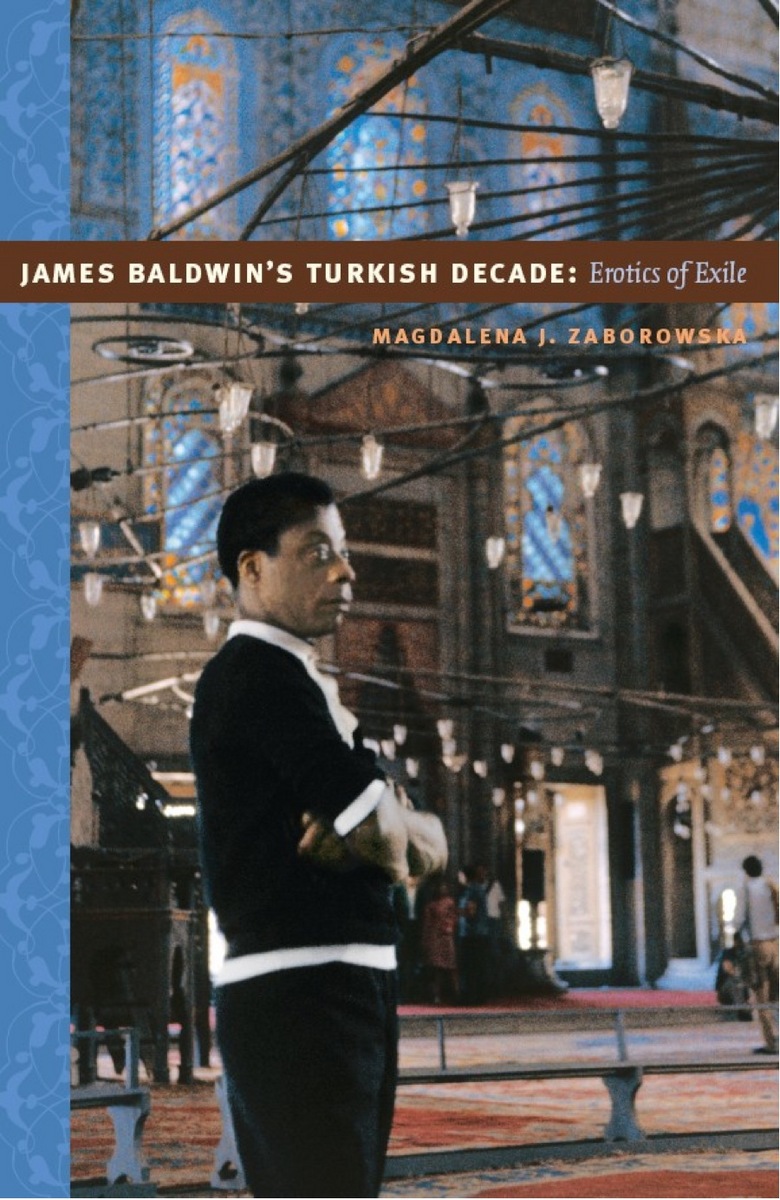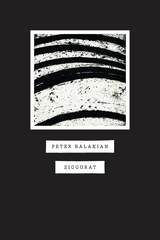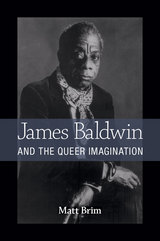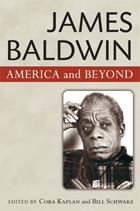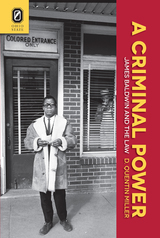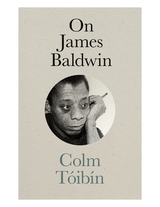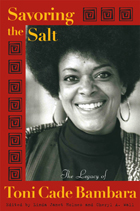“Of central importance is how Baldwin's so-called Turkish exile helped distance him from, while also focusing, his massive contradictions within a society of contradictions. . . . . Zaborowska . . . displays the fascinating, delicious thrill she received from the people she interviewed.” - Publishers Weekly
“Zaborowska is a charming companion as she follows Baldwin’s steps through Turkey, brimming with enthusiasm at the sights and at the warmth of her reception by his friends. . . . [S[he makes us feel how necessary such a refuge was as the sixties wore on.” - Claudia Roth Pierpont, The New Yorker
“[I]nformative and enlightening. . . . Zaborowska’s work will appeal to fans of Baldwin looking for an interesting take on the man’s life. . . . Her dedication and passion does shine through in the time and effort she placed in writing this book. . . .” - Derek Beres, Popmatters
“Zaborowska takes great delight in detailing her subject's adventures in Turkey, vicariously bathing in the limelight of a distinguished, outspoken writer who pushed boundaries well before his time, and graced the homosexual world with writing that transcended both color and gender lines.” - Jim Piechota, Bay Area Reporter
“[Zaborowska] scours [Baldwin’s] works for hints of Istanbul; she visits his stomping grounds and entertainingly interviews various Turkish luminaries. . . . [H]er reporting reveals as much about Turkey as it does about Baldwin, as well as the connections between this fledgling nation and the growing shadow America had begun to cast across the globe.” - Suzy Hansen, The National (Abu Dhabi)
“Zaborowska’s book will make you want to reread Another Country and his later works with a new context of understanding. The book illuminates, with a scholar’s focus and a writer’s nuance, how Baldwin’s exile in Istanbul was not simply a theme or escape from the racism and homophobia of the U.S., but also a deeply felt condition crucial to his intellectual and creative imagination. Indeed, the book reminds us that some of the most poignant and insightful writings about sexuality and race in the canon of American literature were composed well beyond our shores.” - James Polchin, Gay and Lesbian Review/Worldwide
“Zaborowska’s determined research and sharp interpretations recast Baldwin’s entire life project and show how his Turkish sojourn rendered American conceptions of sexuality, race, and citizenship more clearly. [A] beautifully imagined book. . . . Zaborowska shows the discontiguous routes of one particular writer to that destination and beyond it. In doing so, she reminds us that often the destination is as displaced as the traveler.”
- Shane Vogel, American Literature
“Magdalena Zaborowska persuasively argues that Baldwin’s Turkish years—1961 and 1971—are key to understanding his career. . . . I found her deceptively simple argument arresting: although the broad outlines of Baldwin’s Turkish years are well known, to date, no scholar has set out to foreground place and atmosphere of composition so extensively.” - Tavia Nyong'o, American Quarterly
“[I]nformative and enlightening. . . . Zaborowska’s work will appeal to fans of Baldwin looking for an interesting take on the man’s life. . . . Her dedication and passion does shine through in the time and effort she placed in writing this book. . . .”
-- Derek Beres Popmatters
“[Zaborowska] scours [Baldwin’s] works for hints of Istanbul; she visits his stomping grounds and entertainingly interviews various Turkish luminaries. . . . Her reporting reveals as much about Turkey as it does about Baldwin, as well as the connections between this fledgling nation and the growing shadow America had begun to cast across the globe.”
-- Suzy Hansen The National
“Magdalena Zaborowska persuasively argues that Baldwin’s Turkish years—1961 and 1971—are key to understanding his career. . . . I found her deceptively simple argument arresting: although the broad outlines of Baldwin’s Turkish years are well known, to date, no scholar has set out to foreground place and atmosphere of composition so extensively.”
-- Tavia Nyong'o American Quarterly
“Of central importance is how Baldwin's so-called Turkish exile helped distance him from, while also focusing, his massive contradictions within a society of contradictions. . . . . Zaborowska . . . displays the fascinating, delicious thrill she received from the people she interviewed.”
-- Publishers Weekly
“Zaborowska is a charming companion as she follows Baldwin’s steps through Turkey, brimming with enthusiasm at the sights and at the warmth of her reception by his friends. . . . [S[he makes us feel how necessary such a refuge was as the sixties wore on.”
-- Claudia Roth Pierpont The New Yorker
“Zaborowska takes great delight in detailing her subject's adventures in Turkey, vicariously bathing in the limelight of a distinguished, outspoken writer who pushed boundaries well before his time, and graced the homosexual world with writing that transcended both color and gender lines.”
-- Jim Piechota Bay Area Reporter
“Zaborowska’s book will make you want to reread Another Country and his later works with a new context of understanding. The book illuminates, with a scholar’s focus and a writer’s nuance, how Baldwin’s exile in Istanbul was not simply a theme or escape from the racism and homophobia of the U.S., but also a deeply felt condition crucial to his intellectual and creative imagination. Indeed, the book reminds us that some of the most poignant and insightful writings about sexuality and race in the canon of American literature were composed well beyond our shores.”
-- James Polchin Gay & Lesbian Review
“Zaborowska’s determined research and sharp interpretations recast Baldwin’s entire life project and show how his Turkish sojourn rendered American conceptions of sexuality, race, and citizenship more clearly. [A] beautifully imagined book. . . . Zaborowska shows the discontiguous routes of one particular writer to that destination and beyond it. In doing so, she reminds us that often the destination is as displaced as the traveler.”
-- Shane Vogel American Literature
